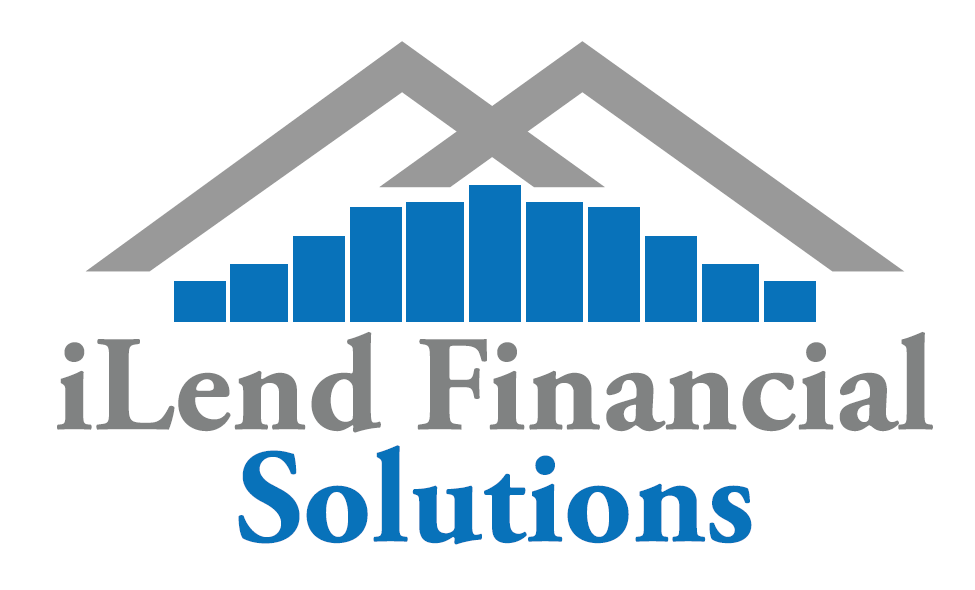Learn More
Here you will find a list of common questions and answers that our customers should be aware of when looking at finance for a property.
Frequently Asked Questions
If you have questions that are not answered below, please get in touch today and your iLend Financial Solutions consultant will gladly help you with anything you need.
How much money can I borrow?
This amount varies from lender to lender and depends on a number of factors.
Use our borrowing capacity calculator how much you may be able to borrow and an iLend Financial Solutions broker will be happy to give you a more detailed response based on your individual circumstances.
How do I choose the loan that’s right for me?
Loan types and loan features will give you a good idea of the main options available, but because there are hundreds of different home loan products available, and individual circumstances are all different, contact us today to take a look at your options.
How much do I need for a deposit?
A deposit is usually between 5% – 10% of the value of a property, which you pay when signing a Contract of Sale. If you can’t organise a deposit in time, your conveyancer/solicitor may be able to arrange a deposit bond until settlement – although you’ll have to pay extra for this. If the deposit requested is 10%, your conveyancer may be able to negotiate this down to 5%.
How often do I make home loan repayments – weekly, fortnightly or monthly?
Most lenders offer flexible repayment options to suit your pay cycle. Aim for weekly or fortnightly repayments, instead of monthly, as you will make more payments in a year, which will shave dollars and time off your loan.
Besides mortgage repayments, are there any ongoing costs?
Yes. In addition to your loan repayment, you will need to consider other expenses such as building insurance, house and contents insurance, council and water rates and body corporate fees. If purchasing an investment property, you will also need to account for property management fees and landlord insurance.
To manage the costs with ease, our iLend Financial Solutions Broker will work with you to create a detailed cash flow budget to work with your financial situation.
I don’t have enough money for a deposit. Can I afford to invest in property?
Not all investment property loans are secured by deposits. If you have an existing home or investment property, you may already have enough equity to finance your purchase. We recommend speaking with your iLend Financial Solutions consultant to best determine your eligibility.
I am self-employed. Are there any available tax benefits when investing in property?
Depending on your financial situation and business structure, you may be eligible for tax concessions. We recommend seeking professional advice based on your personal circumstances to determine what concessions are available before making any decisions.
I am selling my current home but need equity to invest in another property. Is there anything I can do?
Yes. If time is of the essence, you may be eligible for a bridging home loan to secure your desired property. Bridging loans are often complex, and in time critical situations, are best dealt with by a trusted and experienced property investment firm.
Can iLend Financial Solutions help me with a personal loan?
As a comprehensive one-stop shop for investment property, our iLend Financial Solutions consultant can also assist you with a personal loan. Whether you need funds to renovate, plan a wedding, or a go away on holiday, our professionals can assess your financial situation to help you find the best personal loan.
Can iLend Financial Solutions help me with finding the right credit card?
Yes. In addition to helping you find the best loan and insurance information, our iLend Financial Solutions consultant will be able to help you find the best line of credit to suit your needs and income, with existing relationships with all the major banks, lenders and insurers. From interest free cards to low interest rates, our experts aim to ensure you receive the right credit card for your lifestyle needs.
What fees/costs should I budget for?
There are a number of fees involved when buying a property. To avoid any surprises, the list on this page sets out all of the usual costs.
Closed
Stamp Duty
This is the big one. All other costs are relatively small by comparison. Stamp duty rates vary between state and territory governments and also depend on the value of the property you buy. You may also have to pay stamp duty on the mortgage itself. To find out your total Stamp Duty charge, visit our Stamp Duty Calculator.
Legal/conveyancing fees
Generally around $1,000 – $1500, these fees cover all the legal rigor around your property purchase, including title searches.
Building inspection
This should be carried out by a qualified expert, such as a structural engineer, before you purchase the property. Your Contract of Sale should be subject to the building inspection, so if there are any structural problems you have the option to withdraw from the purchase without any significant financial penalties. A building inspection and report can cost up to $1,000, depending on the size of the property. Your conveyancer will usually arrange this inspection, and you will usually pay for it as part of their total invoice at settlement (in addition to the conveyancing fees).
Pest inspection
Also to be carried out before purchase to ensure the property is free of problems, such as white ants. Your Contract of Sale should be subject to the pest inspection, so if any unwanted crawlies are found you may have the option to withdraw from the purchase without any significant financial penalties. Allow up to $500 depending on the size of the property. Your real estate agent or conveyancer may arrange this inspection, and you will usually pay for it as part of their total invoice at settlement (in addition to the conveyancing fees).
Lender costs
Most lenders charge establishment fees to help cover the costs of their own valuation as well as administration fees. Your iLend broker can let you know what your lender charges but allow about $600 to $800.
Moving costs
Don’t forget to factor in the cost of a removalist if you plan on using one.
Mortgage Insurance costs
If you borrow more than 80% of the purchase price of the property, you’ll also need to pay Lender Mortgage Insurance. You may also choose to take out Mortgage Protection Insurance. If you buy a strata title, regular strata fees are payable.
Ongoing costs
You will need to include council and water rates along with regular loan repayments. It is important to also take out building insurance and contents insurance. Your lender will probably require a minimum sum insured for the building to cover the loan, but make sure you actually take out enough building insurance to cover what it would cost if you had to rebuild. Likewise, make sure you have enough contents cover should you need to replace everything if the worst happens. iLend Financial Solutions provides both home building and contents insurance.
Reach Us
Ready to get in touch to discuss your home loan needs?
Greenvale
3059 Melbourne, Victoria, Australia
0408 601 599

